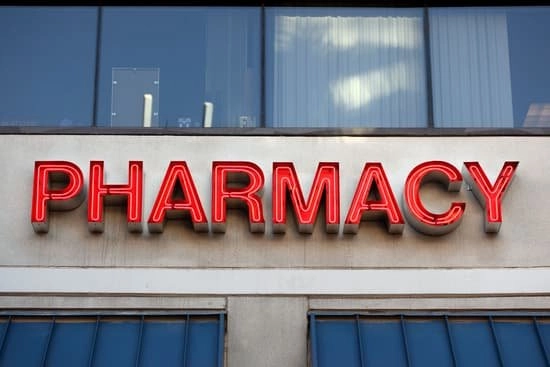Adult Acne Popular Questions and Answers
1/12
The root cause of adult acne is the same as the cause of adolescent acne.
Excess sebum and bacteria. Hormonal changes, including those caused by pregnancy and menstruation, can cause excess oil.Women who smoke are also prone to acne.
Acne tends to run in families, so if a parent has had adult acne, the risk is higher. People over 40 get acne.
Even though I wash my hair well, I am concerned about blackheads. why?
2/12
Washing your skin does not remove blackheads and acne. why? Blackheads form under the surface of the skin when oil, also called sebum, reacts with air in partially filled pores. Blackheads occur when the pores are completely clogged.
Twice a day, after sweating, wash your face with a mild cleanser and lukewarm water - not hot water. Avoid rubbing your skin as it can make acne worse.
Do birth control pills cause or cure acne? 3/12
Birth control pills help control acne in some women. Hormones in birth control pills help block androgenic hormones. Androgens put the oil glands into overdrive. However, some birth control pills can make acne worse. Proper acne skin care is a must, even if you are on oral contraceptives.
Is it possible that my makeup is causing my acne?
4/12
yes. In fact, anything you put on your face clogs your pores. Look for oil-free cosmetics, sunscreens, and other skin products. Non-comedogenic and non-acne products may be more suitable for acne-prone skin. You can also try using powder cosmetics instead of cream foundation. When using foundation, some dermatologists recommend oil-free silicone liquid matte foundations such as: B. Those containing dimethicone or cyclomethicone.
My job is stressful. Is this a factor in acne?
5/12
Stress is not considered the main cause of acne. More generally, acne can increase stress levels. Effective acne treatment can actually help reduce stress.
However, stress can make acne worse for some people. If you think stress is triggering your outbursts, simple techniques like deep breathing exercises and meditation can help relieve stress.
What is the truth about chocolate and acne? 6/12
There is no scientific evidence that chocolate, sugar, or fatty foods cause acne. However, if you suspect that certain foods are causing your breakouts, avoid them.
Sugary and fatty foods affect your health in other ways, contributing to diabetes and heart disease.Get fresh foods to improve your overall health.
What is deep cystic acne?
7/12
Deep cystic acne can be painful and frustrating to treat.The hair follicles are clogged deep below the surface of the skin. Your doctor may decide to treat this severe acne with antibiotic pills for a short period of time.Injectable corticosteroids can calm the inflammation. Topical creams containing retinoids can also help.
Do not poke, poke or pop the lesion. This can make acne worse and cause scarring.
What other types of acne are there?
8/12
There are two common types of acne.
• Comedones - blackheads and whiteheads. • Inflammatory lesions - papules (pimples), pustules or nodules or cysts.
A dermatologist can work with you to develop a treatment plan for acne and your unique skin type.
Could my acne be related to anemia?
9/12
No association has been established with anemia, iron deficiency, or acne. Some studies show a small connection. However, scientists believe that anemia is probably not the real cause of acne. Instead, taking too much zinc to treat acne can lead to anemia. There is limited scientific evidence that it has therapeutic benefits.
Am I forever plagued with acne?
10/12
Acne itself seems to disappear with age. According to one study, acne becomes less common after age 44. For some women, acne disappears with menopause.
Until then, fortunately, there are treatments for adult acne.Most people find a combination of products to be the most effective. Treatment takes time - usually 4 to 12 weeks - and should be continued until it works.
What is the best way to treat acne?
11/12
Medicated creams containing benzoyl peroxide, salicylic acid, or alpha hydroxy acids are the first remedies to try. They are available over-the-counter or by prescription. Retinoids - vitamin A-based creams - also help unclog hair follicles.
Your doctor may prescribe stronger creams and other medications, such as antibiotics, oral retinoids, androgen blockers, and low-dose birth control pills.
What's the best way to prevent acne?
12/12
First, avoid touching your face. Touching your face can make it oilier, irritate your skin, and encourage bacterial growth. Make her policy hands-off.
Second, keep greasy hair away from your skin. And look for oil-free hair products. Oily hair products can get on your face and clog your pores.
Third, be gentle on your skin. Use your fingertips (not a towel or sponge) to wash your face with a non-abrasive cleanser. Use mild skin care products.
31 Dec 2022







